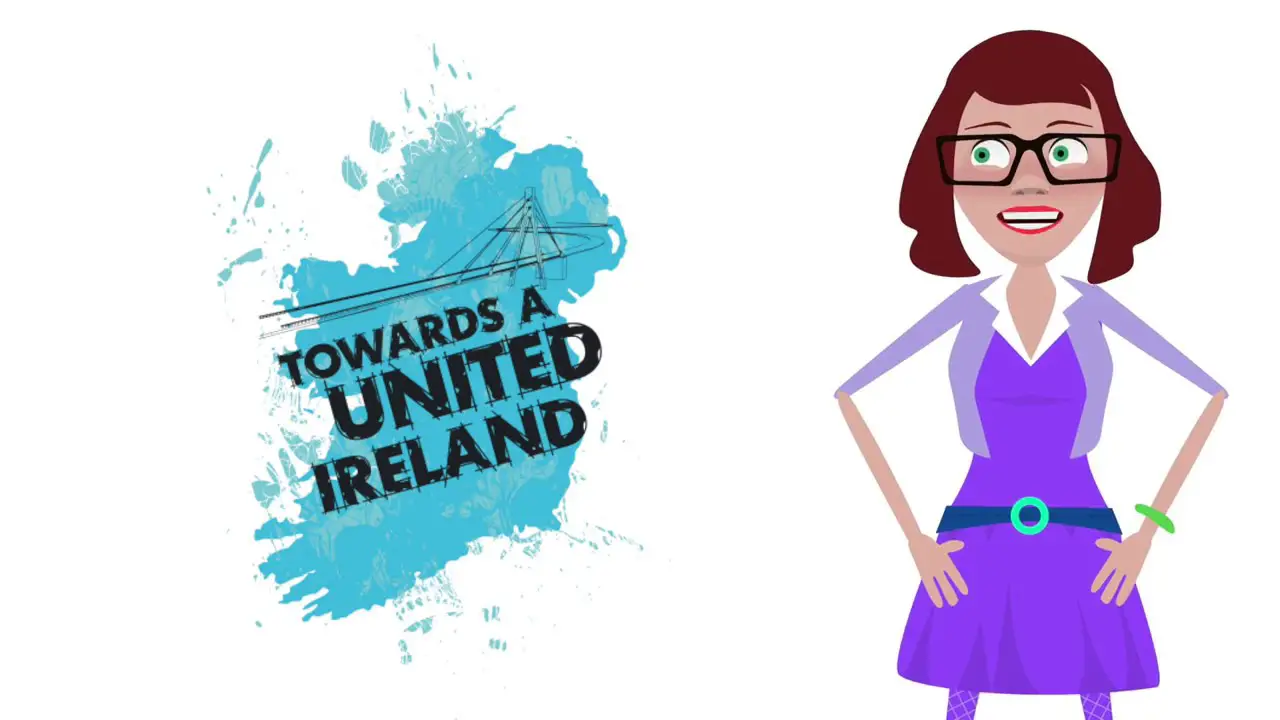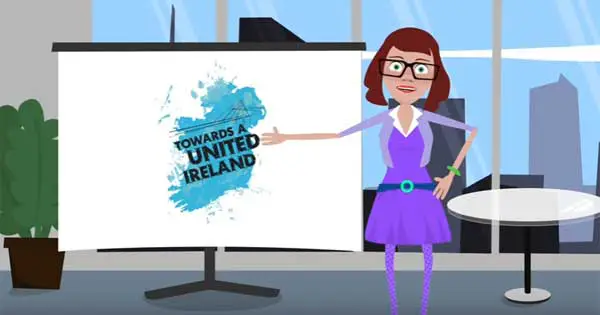A united Ireland has been a long term ambition of Irish nationalists since partition was introduced nearly a century ago.
For most of those 90 odd years it’s been little more than a pipe dream with Ulster Unionists holding such a powerful majority in the north that they could easily swat away any suggestion of reunification.

That power is now in question. The nationalist Sinn Fein made sweeping gains in the recent Stormont election and now have only one seat fewer than Democratic Unionist Party. For the first time, the Unionists do not hold an overall majority.
The situation is further complicated by the UK’s Brexit vote to leave the European Union. Although England and Wales voted to leave, Scotland and Northern Ireland voted to remain.
This has led to further calls from Scottish nationalists to hold another referendum on Scottish independence, and there are similar rumblings in Ireland.
The Irish Taoiseach Enda Kenny has already said that the possibility of reunification should be part of the Brexit discussions between Ireland and Britain, and Sinn Fein have also said that a United Ireland should be seriously considered.
The cost to the Republic of absorbing Northern Ireland has been put at 9billion euros a year. A recent opinion poll showed that voters in the Republic were evenly split about whether they were willing to pay that much for reunification.
It’s also unlikely that the North would vote at the moment to leave Britain and reunite with the Republic but the situation is changing rapidly and much may depend on how good a deal Britain can negotiate when it leaves the EU.
Meanwhile, Sinn Fein has released a short video to make the case for Irish unity in the post Brexit world.
Both major Unionist parties in Northern Ireland remain opposed to reunification so there may still be some distance to go before it becomes a real possibility.
Nor can Nationalists assume that all Catholics and Sinn Fein supporters would support reunification. Polls in the past have suggested that at least 20% of Catholic voters would prefer to remain part of the United Kingdom.
However, all the indications are that in a rapidly changing world and with a new generation of voters emerging, old loyalties and assumptions maybe severely tested over the coming few years.

